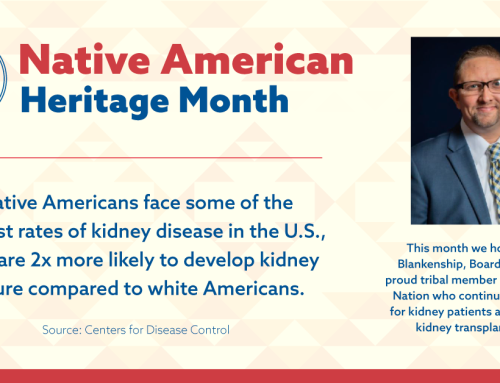Dialysis Patient Citizens (DPC) endorses the following six principles to guide formulation of star ratings for Dialysis Facility Compare:
- Star ratings must use metrics that represent aspects of care that are important to patients. Star ratings should not simply rely upon any information that happens to be available; patient priorities should be ascertained and reflected in the ratings.
- Star ratings must drive improvement. Facilities should be held to absolute standards. They must be able to improve their scores through improved quality regardless of how competing facilities perform.
- Competition among facilities should be realistic, e.g., facilities in regions with generally poor health must not be pitted against those in regions where unusually healthy habits prevail. Competition for stars must be fair to providers serving any type of patient population, to ensure that providers cannot “cherry-pick” or “lemon-drop” any category of patient that is more or less likely to experience poor outcomes.
- Star ratings must be intuitive. The star rating system should harness consumers’ existing understanding of stars’ meanings, not attempt to attach new meanings to the symbols. Distributions should generally be parallel across provider types so that ratings are comparable anywhere on Medicare.gov.
- Star ratings should be actionable for consumers. Consumers should be able to identify facilities that are performing better than their peers in a given local market.
- Star rating methodology should be peer-reviewed in keeping with HHS Information Quality Guidelines, and open for comment by interested parties.




























